Are you ready to become an owner-operator? While the increased freedom and financial reward is much higher than simply being a company driver, making it on your own also takes a driven and dedicated person. You need to be self-disciplined and responsible in order to reap the most rewards. Making your own hours, taking time off whenever you want, and potentially getting paid a lot more attracts a lot of drivers—but the ones who make it successfully know that it takes hard work and continued effort.
Besides being able to run a lot of miles safely and legally, there are several other qualities that set profitable owner-operators apart from unsuccessful ones. Having mechanical aptitude can save you money if you’re able to do simple maintenance or repair tasks on your rig. Being truly motivated to earn money will ensure you make smart load choices and scheduling decisions. Having a willingness to learn and ask questions can save you time, money, and stress; pride or fear of embarrassment can easily derail your goals. Being a reliable and dependable person will help increase the likelihood of repeat customers. And lastly, having a deep sense of responsibility will mean you keep up with maintenance, will have a plan for lean times, will take ownership of your business systems, and will be able to handle any challenges that come your way.
A great way to increase your odds of being successful is to consider partnering with a reputable company. Learning the ropes of business management can be tricky and complicated; you’ll be responsible for things like taxes, accounting, financial goal planning, contracts, paperwork, rules of conduct, and much more. Try not to bite off more than you can chew and make sure you’re fully comfortable before moving onto your next goal.
The good news is there are service providers who can provide you the tools you need to start and maintain a profitable trucking business. Here are some areas you may need help with:
Back-Office Support
Gathering, sorting, and adding up receipts/invoices/settlements can easily take you several hours a week. A company like TBS Factoring can give you back that time by handling invoices and back-office paperwork for you.
Tax Prep
Unfortunately, federal and state income tax rules for the transportation industry are complicated and change constantly. A reputable provider can help you with all the forms and requirements so you don’t accidentally make any mistakes. Also, you’ll have support if you get audited.
Profit/Loss Statements
Once you get started, these statements will give you a good idea of how well your business is doing. They usually include things such as break-even miles, contribution margins, net income, variable and fixed costs, and revenue.
Benchmarking
Comparing your company to your competitors in the industry can help you find areas you may need to make changes in to maximize profits or minimize potential losses. Benchmarking is a good way to ensure you’re on the right track.
Profit Planning
Similar to a budget, a profit plan gives you insight into how your expenses (personal and business) will affect your future.
Business Consulting
Learning to run your own company isn’t simple. Even if you get started okay, there will always be challenges that pop up that you can’t prepare fully for. Having a reputable company walk you through the essentials of creating and maintaining a business can reduce your stress and potentially prevent your company from going under due to simple mistakes.
So how do you find the right company? It can be overwhelming to simply search online and hope you pick a reputable one from the many that are out there. Here are some questions to keep in mind that will help determine the right fit for you:
- How long have they been in business? How long have they catered to the transportation industry specifically?
- Do they understand how the transportation industry works? Do they have a good idea of where it’s headed?
- What challenges may come up?
- Are they large enough to provide quality service and offer top-notch technology tools?
- Do they have a client base that is full of successful owner-operators?
- Do you receive a dedicated account executive or simply a generic phone number/email address?
- How does the provider charge and what exactly is included?
- Do they have certified tax professionals with appropriate credentials?
- Does their tax department provide audit support to clients if necessary?
Some of the best providers offer more than simply bookkeeping and accounting support. Look for ones that can help you with multiple aspects of your trucking business: cash flow, insurance, taxes, permitting, compliance, etc.
While becoming your own boss takes work and planning, it also offers more rewards if you do it correctly. Be honest with yourself about what you’re comfortable managing and what areas you’re unsure of. There is most likely an outside source to help you with whatever piece of the owner-operator journey you need help in.
If you’re interested in help with compliance, permitting, free authority processing, licensing, and more, check out Truckers Bookkeeping Service.
If you need help with cash flow, invoice collections, discount fuel services, and more, check out TBS Factoring Service.
HOW DO I CREATE A BUSINESS PLAN?
Every successful business starts with a business plan (also known as a profit plan/business budget). Why? Because it’s the road map you need to understand exactly what it’ll take to get to your goal. If you do it correctly, you’ll see how much money you’ll need to cover expenses and how much you’ll be able to pay yourself.
Before you become your own boss, create a business plan with estimates and target numbers. Be conservative in estimating your income and slightly overestimate your expected expenses so you have some breathing room. Once you’ve started down the boss life path, make sure to consistently track all your numbers so you can replace the estimates with true data.
A good rule of thumb is to have a business plan that details weekly, monthly, and annual costs/revenue. It may sound like a lot of work, but you need to know exactly where your money is going and where it’s coming from so you can make the best decisions. Plus, knowing when you’ve hit your monthly break-even point comes in handy when determining if you want to take some time off or keep rolling to make extra money.
Start simple. List out all your gross income and expenses. Do NOT forget to include your personal household expenses to your plan. You may fall short financially if you leave out or underestimate your personal household costs and desires.
In the first few months, gather as many of your receipts, statements, invoices, bills, etc., as you can to replace your estimated numbers with real numbers. Experts say three to four months of expenses will reflect your spending habits pretty accurately. Make sure to include amounts for savings, unexpected expenses, estimated taxes, and potential lean times.
Get in the habit of updating your business plan as often as possible. When done correctly, you’ll have a clear picture of your money’s movement. This will help you decide where to make any changes to increase your profits.

